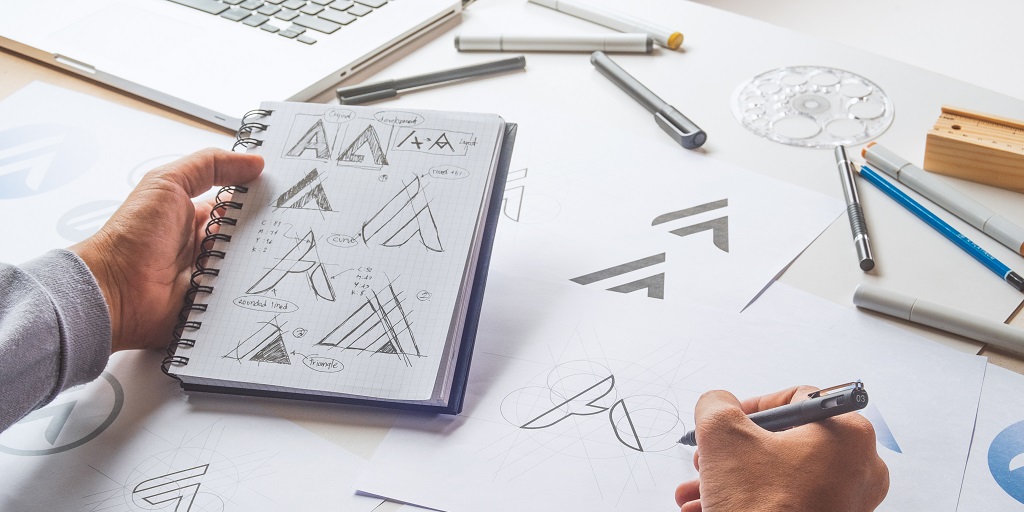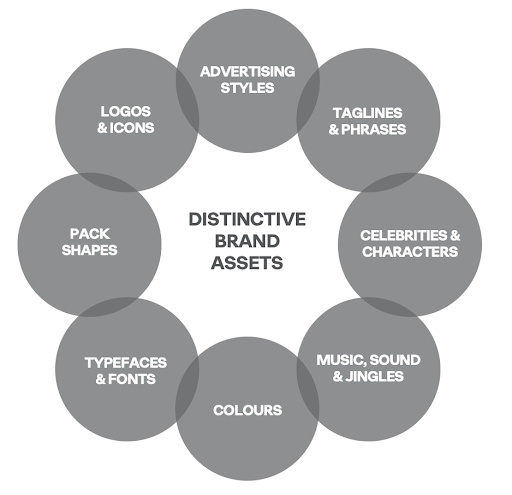How to build your own brand November 2021

Zac Martin is a planning director at advertising agency Ogilvy Melbourne. He’s developed marketing and advertising strategy for breweries big and small, and writes at Pigs Don’t Fly.
Star Wars, chocolate, bands. Just a handful of the intellectual property infringements we’ve seen from breweries in Australia recently. Usually in the name and design of a limited release beer.
Ben Mawby, Senior Associate at law firm DLA Piper, says it’s common in young industries where legal advice might be lacking.
“Many start-up businesses are growing out of meme culture, taking someone else’s intellectual property and putting their own spin on it,” he said.
“This becomes a problem when it moves from a joke between mates to a mass-marketed product like beer.
“Big companies don’t want to be associated with unknown start-ups using their IP to stand out.
“It’s not unlike what’s happening in the US with the legalisation of marijuana. Edibles are being named and packaged based on brands of chips, candy, chocolates and more.”
While the puns are cute, and short term might earn you a few extra likes on a Facebook post, repurposing someone else’s IP is not a smart tactic in the long run.
Owners of the IP will come at you.
Small brand infringes big brand’s IP. Big brand sends cease and desist. Small brand complains on social, like it’s a David and Goliath story. But it’s not personal. Most punters (and small business owners) misunderstand the risk IP owners face if they don’t enforce their rights.
“To maintain a trade mark, you must main maintain the link between the mark (name, logo, slogan, even things like colours and scents) and you as a trader. That’s why it’s called a trade mark. If you fail to stop other traders from using your mark then it loses its link to your business and can result in your trade mark being deregistered. For example, ‘escalator’ was once a trademark but due to descriptive use, became a generic product descriptor. So when a company with registered rights sees you using its mark, they’re obliged to take action” says Ben Mawby.
Honestly, Disney don’t care about your beer. They’re not worried you’re going to hurt box office sales. But by not going after you, they open the door to the next infringement, resulting in erosion and possibly eventual genericisation. If a legitimate competitor in future shows they failed to control their IP, they can lose it.
And in most cases, you’re opening yourself up to marketing-to-children risks by borrowing the IP anyway.
It’s more effective long term to build your own.
A costly letter from a lawyer isn’t the only downside. Every time you borrow someone else’s brand, you’re missing the chance to build your own.
In advertising we call them distinctive brand assets (DBAs), or brand codes. These are the expressions of your brand which help you stand out from the competition. They make you distinct.
Think Cadbury’s purple, Qantas’ kangaroo, the Maccas jingle, the woman at the end of every AAMI Insurance ad. Or Balter’s label design, Little Creatures’ cherub, Colonial’s open-mouth can, VB’s song and tagline.

How Brands Grow Part 2 gives us a framework for auditing your existing DBAs and creating new ones. They can take many shapes and sizes – visuals, audio and creative devices. They include the more abstract like ad templates (why every Should’ve Gone to Specsavers ad is the same – in a good way) and pack shapes (Coke’s iconic glass bottle).
With consistent application over time, these assets become attached to your brand as a shortcut for recognition. One of your jobs as marketers is to establish your own DBAs. Make them famous and use them consistently until the end of time.
Humans are hard-wired to be lazy. We don’t like to overthink, especially when we’re looking at 100 craft beers on the shelf. When our brains run on autopilot (which is most of the time), we revert to things we’re familiar with. Make it easy for people to pick you up because they recognise a part of you, even if it’s not conscious.
So don’t name your next beer after a Marvel superhero or a cereal from your childhood. You’ll be shut down anyway, and every time you ‘borrow’ someone else’s IP, you lose an opportunity to build your own.

